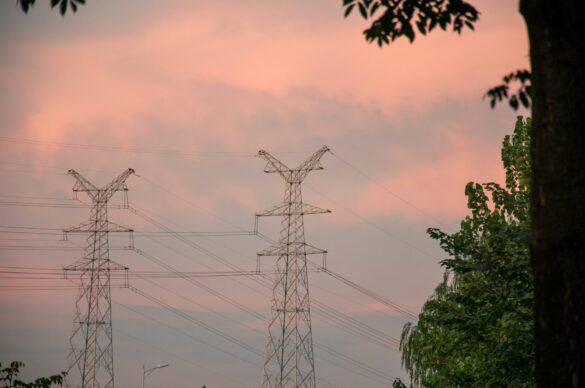Over the last year, Bangladesh’s interim government has managed to pay off a large amount of Tk 18,631 crore in overdue foreign electricity bills. This move has improved the energy sector’s financial health and built stronger diplomatic confidence. Among these payments, Tk 5,000 crore was specifically given to Adani Power Limited to cover part of its outstanding dues, while Tk 2,363.50 crore remains to be addressed, as stated by Dr. Muhammad Fouzul Kabir Khan, the adviser on Power, Energy, and Mineral Resources. This financial relief was achieved alongside active cost-saving measures that totaled Tk 6,479 crore. The import service fee on energy brought in from private power companies has been lowered by the government by 4 percent, which results in a savings of Tk 470 crore. It also increased coal shipment volumes from 15,000 tonnes to 20,000 tonnes, yielding a further Tk 354 crore in savings. Importantly, renegotiated tariffs lowered average electricity costs to below Tk 8.95 per unit—generating annual savings of around Tk 2,500 crore. The government also shut down ten inefficient and outdated Independent Power Producer (IPP) and rental plants with a combined capacity of 1,010 MW, which saved Tk 525 crore. Additional efficiencies implemented by public power generation companies added another Tk 2,630 crore to the savings tally. To help reduce energy expenses overall, the Power Division strategically asked the National Board of Revenue (NBR) to decrease the tax taken at the source. to 6 percent, with revenue goals set at Tk 9,210 crore from rental-based power establishments. In a forward-looking move aligned with global renewable energy goals, the advisory council approved an amendment to the Renewable Energy Policy on May 6. This amendment sets an ambitious target of generating 3,000 MW from rooftop solar panels nationwide by the end of the year, with plans to integrate the extra power into the national grid. Collectively, the repayment of foreign power dues and the array of cost-saving strategies showcase the government’s commitment to fiscal governance and energy sector resilience. These measures help reduce reliance on external creditors and shield the economy from volatile energy costs, while repurposing saved funds for future development. Looking ahead, a continued focus on renewables, efficient operations, and smart financing could not only ensure stable electricity supply but also lay the groundwork for long-term energy security. With transparent execution of policy and infrastructure improvements, Bangladesh is well-positioned to power its economic future while reducing environmental impact—a vital step on the path to sustainable national development.
Rapid Fresh Start: Government Clears Tk18,631 Crore Foreign Power Legacy
37


